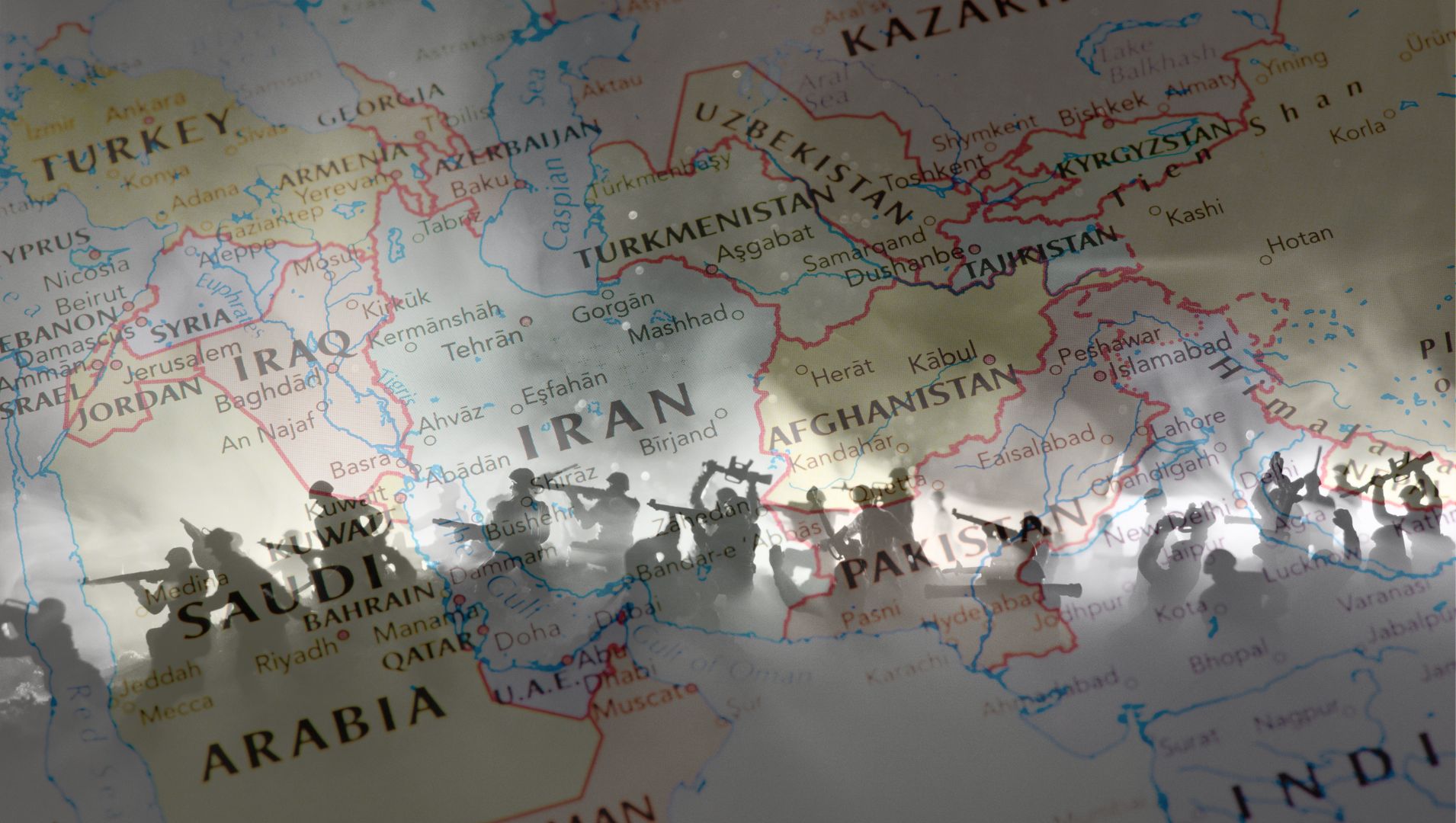Supercharge your defense operations with NDL solutions. Dive into a partnership that expands your team's cognitive reach. Ready to amplify your project's impact?
(Update) Strategic Implications of Iran-Israel Escalation

Iran's recent direct assault on Israel from its territory represents a significant escalation in its longstanding conflict with Israel. This bold and aggressive maneuver by Iran signifies a critical shift, demanding a detailed examination of the possible Israeli responses.
These responses could vary widely, from intensified covert operations, such as cyber warfare and strategic sabotage, to more overt military strikes targeting key Iranian assets. This escalation requires careful consideration of both immediate tactical responses and long-term strategic implications, as the choices made by Israel could significantly influence the regional power structure and potentially draw broader international involvement.
Implications for Global Security
The recent escalation between Israel and Iran introduces significant complexities to global security frameworks. This incident raises the stakes for potential missteps that could spiral into broader conflicts, necessitating a thorough reevaluation of international security strategies.
These strategies must consider the delicate balance of power in the Middle East and how they align with U.S. interests. This situation underscores the importance of coordinated international efforts to manage regional tensions and avoid actions that could trigger unintended consequences, potentially destabilizing an already volatile region.
A proactive and calculated approach is paramount to maintaining global peace and preventing the conflict from spreading beyond the immediate parties involved.
Israel’s Response Options
Israel has a history of leveraging both covert actions, such as cyber-attacks and targeted assassinations, and overt military strikes to counter Iranian threats. Given the scale of the recent attack, the breadth and intensity of Israel's response are likely to have far-reaching implications.
A forceful retaliation could recalibrate regional power dynamics and reshape international alliances and strategies. The decisions made by Israel could also influence global responses, necessitating adjustments in diplomatic and military strategies worldwide.
This situation thus tests not only Israel's tactical decision-making but also its strategic foresight in managing the delicate balance of regional and global stability.
Strategic Positioning
As a preeminent authority in defense analysis, the National Defense Lab (NDL) is optimally positioned to provide comprehensive insights into the latest geopolitical developments.
Our rigorous analytical processes and deep expertise enable us to deliver high-value intelligence that shapes policy decisions and strategic planning. This role supports our core mission to deepen understanding of crucial geopolitical events, helping policymakers and strategic planners navigate complex international waters.
By continuously enhancing our analytical methods and embracing cutting-edge technologies, NDL remains at the forefront of global security discussions, setting standards for informed, effective responses to international crises.
Recommendations for Policy and Strategy
- Enhanced Intelligence Sharing: NDL strongly recommends expanding international intelligence collaboration significantly. By sharing critical intelligence among global partners, nations can better monitor and respond to developments in real time, thereby enhancing collective security measures and preemptive actions.
- Cybersecurity Initiatives: With the escalating role of cyber warfare in modern conflicts, NDL advises that strengthening cyber defenses becomes a top priority for all stakeholders. This includes national governments and critical infrastructure entities, which should implement advanced cybersecurity protocols to shield against potential cyberattacks.
- Diplomatic Engagement: Given this conflict's complexities and potential for widespread impact, NDL urges a renewed focus on diplomatic efforts to de-escalate tensions. This involves engaging in multilateral talks, utilizing international diplomatic channels, and perhaps appointing special envoys or mediators to address and soothe the points of contention, thereby preventing the conflict from broadening or becoming more severe.
Why This Matters to U.S. Homeland Security
The escalation between Israel and Iran carries profound implications for U.S. homeland security. Given the U.S.'s strategic alliances and its commitments in the Middle East, any significant conflict involving Iran could necessitate American diplomatic, military, or cyber support, potentially drawing the U.S. into broader regional conflicts.
Moreover, the conflict heightens the risk of cyber-attacks and terrorism on U.S. soil as Iran might leverage its capabilities and proxies against U.S. interests globally. This necessitates vigilance and preparedness within U.S. borders to preempt and mitigate these threats, ensuring national security remains uncompromised amidst volatile international dynamics.
Stay connected with NDL for further updates and in-depth analysis on this and other international security matters.



